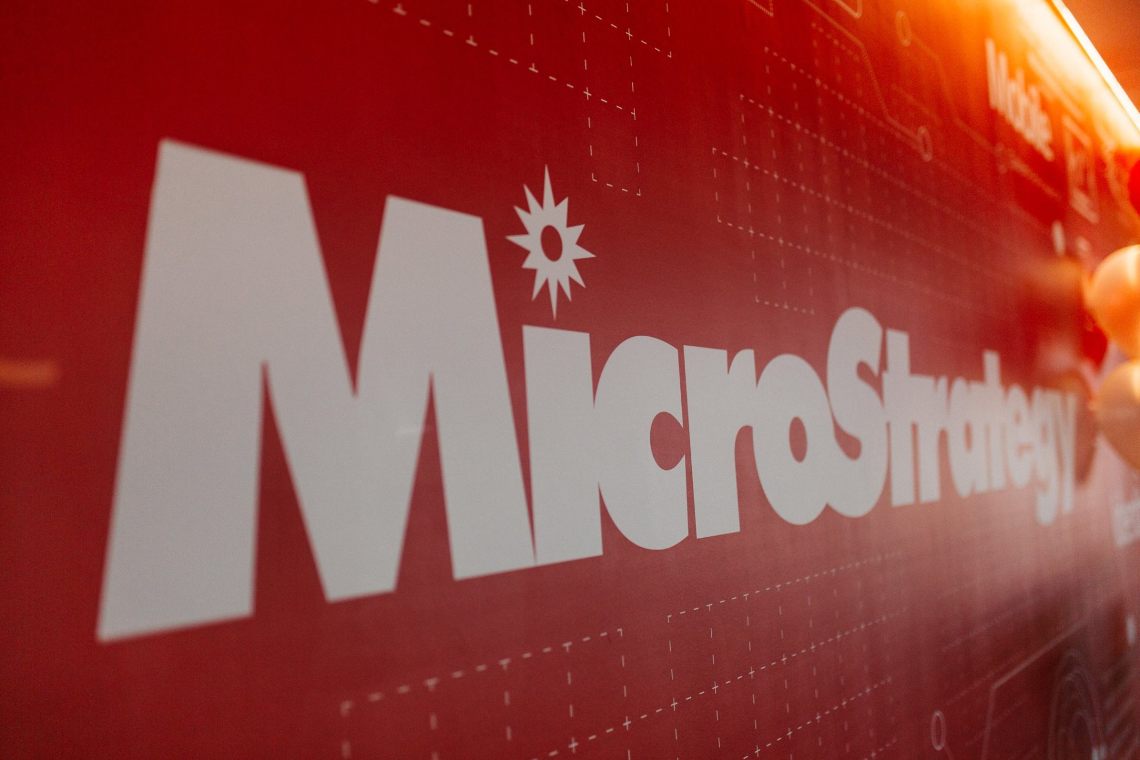Can MicroStrategy’s Bitcoin Success Push Others to Follow Suit?
29.11.2024 15:00 2 min. read Alexander Zdravkov
MicroStrategy has become a trailblazer in corporate Bitcoin adoption, amassing an impressive $37 billion in BTC holdings.
This bold move has significantly boosted its stock price and market cap, while also positioning executive chairman Michael Saylor as a vocal advocate for Bitcoin as a superior corporate reserve asset. Saylor contends that Bitcoin consistently outperforms traditional investments like the S&P index and sees it as a viable treasury option for companies seeking to optimize excess cash reserves. His efforts have also sparked discussions among industry leaders about Bitcoin’s role in modern corporate finance.
This strategy has caught the attention of firms across various industries. Smaller companies, such as Rumble and Metaplanet, have started to allocate Bitcoin as part of their treasury strategies, reflecting growing interest in diversifying assets. However, mega-cap corporations like Microsoft appear less likely to adopt Bitcoin in the near term due to their focus on core business investments.
Although Microsoft plans to include a Bitcoin investment assessment as a shareholder voting item at its upcoming annual meeting, analysts remain skeptical of its adoption, citing the non-material impact Bitcoin would have on such a large company’s overall strategy.
Analysts suggest Bitcoin’s appeal lies primarily with smaller firms or those seeking innovative growth strategies. Companies with surplus cash and a weakening core business may follow MicroStrategy’s lead, leveraging Bitcoin for long-term value. Meanwhile, major tech companies are expected to approach Bitcoin cautiously, prioritizing measured exploration over wholesale adoption.
MicroStrategy’s success has opened the door for broader conversations, but widespread corporate adoption of Bitcoin remains a gradual and strategic process.
-
1
Bitcoin Rises as Thousands of Altcoins Disappear
07.07.2025 13:00 2 min. read -
2
Bitcoin: Historical Trends Point to Likely Upside Movement
08.07.2025 16:00 2 min. read -
3
Strategy Buys 4,225 more Bitcoin, Pushing Holdings to 601,550 BTC
14.07.2025 18:34 2 min. read -
4
Bitcoin ETFs Top $50 Billion in Inflows, Marking Institutional Breakthrough
10.07.2025 11:00 2 min. read -
5
Bitcoin Shouldn’t Be Taxed, Says Fund Manager
07.07.2025 9:00 2 min. read
Here’s When the Bitcoin Cycle May Peak, Based on Past bull Markets
According to a new chart shared by Bitcoin Magazine Pro, the current Bitcoin market cycle may be entering its final stretch—with fewer than 100 days remaining before a potential market top.
Bitcoin Price Prediction: $130K in Sight After ‘Crypto Week’ Boost
Bitcoin (BTC) is once again hovering near its all-time high today as trading volumes have jumped by 13% in the past 24 hours upon breaking the $119,000 barrier, favoring a bullish Bitcoin price prediction. The top crypto has booked gains of 16% in the past 30 days and reached a new record at $123,091 earlier […]
Support Test or Breakout Ahead? Bitcoin Hovers at Key Decision Zone
Bitcoin is consolidating around $119,000 after last week’s all-time high above $123,000.
Strategy Launches Fourth Preferred stock Offering to Fuel Bitcoin Buys
Strategy Inc. (NASDAQ: MSTR) has announced the launch of its fourth perpetual preferred stock offering, marking a new phase in the company’s ongoing efforts to expand its Bitcoin treasury holdings.
-
1
Bitcoin Rises as Thousands of Altcoins Disappear
07.07.2025 13:00 2 min. read -
2
Bitcoin: Historical Trends Point to Likely Upside Movement
08.07.2025 16:00 2 min. read -
3
Strategy Buys 4,225 more Bitcoin, Pushing Holdings to 601,550 BTC
14.07.2025 18:34 2 min. read -
4
Bitcoin ETFs Top $50 Billion in Inflows, Marking Institutional Breakthrough
10.07.2025 11:00 2 min. read -
5
Bitcoin Shouldn’t Be Taxed, Says Fund Manager
07.07.2025 9:00 2 min. read


